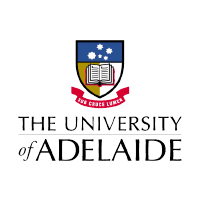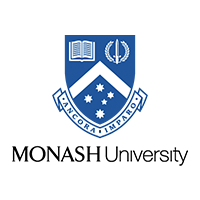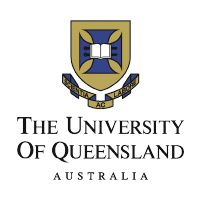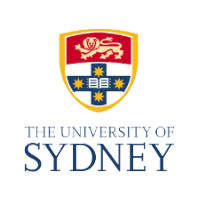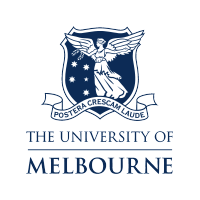Curriculum
Regression Modelling for Biostatistics 2 (RM2)
To enable students to implement generalized linear models (GLMs) for analysis of categorical data, and survival analysis methods for time-to-event data, with proper attention to the underlying assumptions. A major focus is on selection of appropriate methods, assessing the model fit and diagnostics of GLMs and survival models, and the practical interpretation and communication of model results.
COORDINATORS:

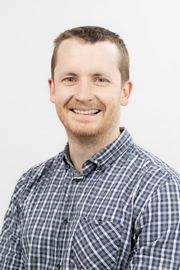
General outline
Prerequisites
Epidemiology, Mathematical Foundations for Biostatistics, Principles of Statistical Inference, Regression Modelling for Biostatistics 1
Time commitment
8-12 hours total study time per week
Semester availability
Semester 1 & 2
Assessment
Three assignments, worth 30%, 30% and 40%.
Prescribed Texts
Vittinghoff E, Glidden D, Shiboski S, McCulloch C. Regression Methods in Biostatistics: Linear, logistic, survival and repeated measures models. 2nd Edition. Springer Verlag 2012
Special Computer Requirements
R or Stata statistical softwareContent
This unit presents the theory and application of generalised linear models (GLMs) and survival analysis. The unit covers the implementation of GLMs to analyse count data using Poisson and negative binomial regression; how logistic regression models can be applied to binary, multinomial, and ordinal data; and the use of GLMs with continuous data. The unit presents methods to analyse time to event survival data including the Kaplan Meier curve and the Cox proportional hazards model.
Resources
Course notes, online mini-lecture videos, online tutorials, discussion board
